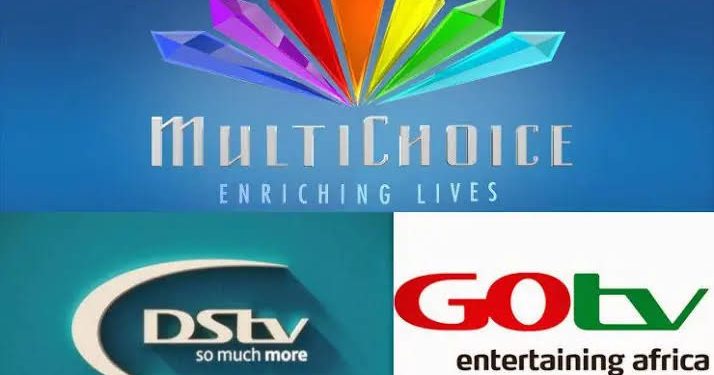A Nigerian consumer rights group has strongly criticized MultiChoice Nigeria for its recent increase in DStv and GOtv subscription prices, calling the move “insensitive and exploitative.”
In a statement signed by its Executive Director, Aliyu Ilias, on Sunday, the group condemned the 21% price hike, which took effect on March 1, 2025. It described the increase as an act of economic discrimination, highlighting that while Nigerian subscribers are forced to pay more, MultiChoice has lowered prices by up to 38% for its South African customers while introducing service enhancements.
“This action is not only insensitive and exploitative but also blatantly discriminatory,” the statement read.
The consumer rights body pointed out that the price adjustment came less than a year after MultiChoice last increased its Nigerian subscription rates in May 2024. The group also accused the company of disregarding a directive from the Federal Competition and Consumer Protection Commission (FCCPC), which had ordered MultiChoice to suspend any price changes pending an ongoing investigation.
“It reflects MultiChoice’s clear disregard for both Nigerian consumers and regulatory authority,” the statement added.
Save the Consumers expressed outrage over the stark difference in treatment between Nigerian and South African subscribers. It noted that while South African users enjoy lower fees, new channels, and improved streaming services, Nigerian subscribers are burdened with rising costs despite persistent complaints about service quality.
“This double standard—lowering prices at home while increasing them in Nigeria—amounts to economic discrimination and reinforces long-standing concerns about MultiChoice’s exploitative approach toward the Nigerian market.”
MultiChoice Nigeria has defended the price increase, citing inflation and rising operational costs. However, Save the Consumers dismissed this explanation as a “disturbing double standard,” arguing that Nigerian consumers are being unfairly targeted due to MultiChoice’s near-monopolistic hold on the pay-TV market.
The group also criticized MultiChoice for failing to improve service quality despite repeated price hikes, stating that Nigerian subscribers frequently experience repetitive content, service disruptions, and poor value for money.
“Rather than resolving these issues, MultiChoice has chosen to penalize its loyal Nigerian customers with higher prices, once again proving that profit, not service or fairness, is its primary motivation.”
The advocacy group is calling for an immediate reversal of the price hike, compensation for affected Nigerian subscribers, and compliance with the FCCPC’s directive to halt further increases.
Additionally, it urged the National Broadcasting Commission (NBC) to open up the pay-TV sector to stronger competition, arguing that MultiChoice’s dominance allows it to operate with little accountability.
“The ease with which it increases prices without fear of losing market share highlights the urgent need for regulatory intervention,” the statement noted.
As part of its campaign against the hike, the group encouraged Nigerians to explore alternative platforms and consider boycotting DStv and GOtv until MultiChoice “demonstrates genuine respect for their rights.”
“The Nigerian market deserves dignity, not exploitation. No company should be allowed to operate above the law or treat Nigerian consumers as second-class subscribers,” the statement concluded.








